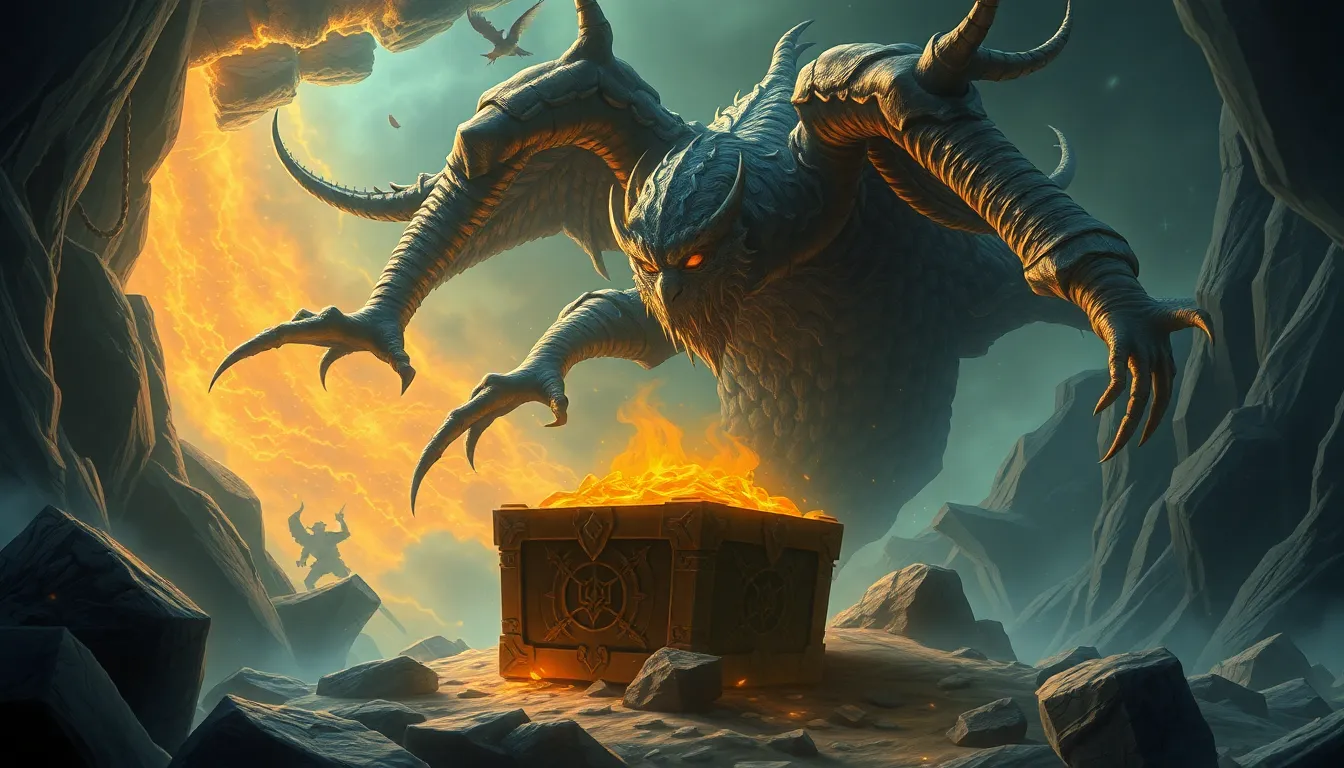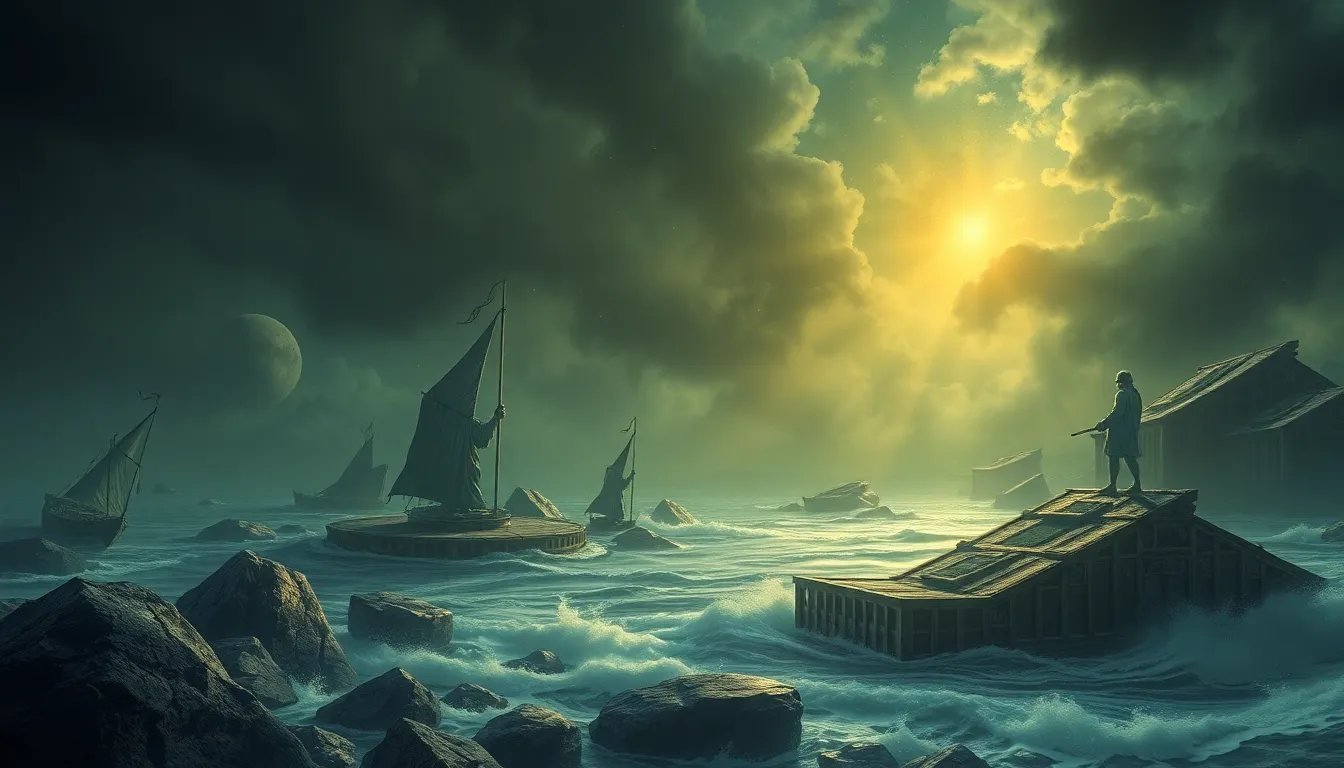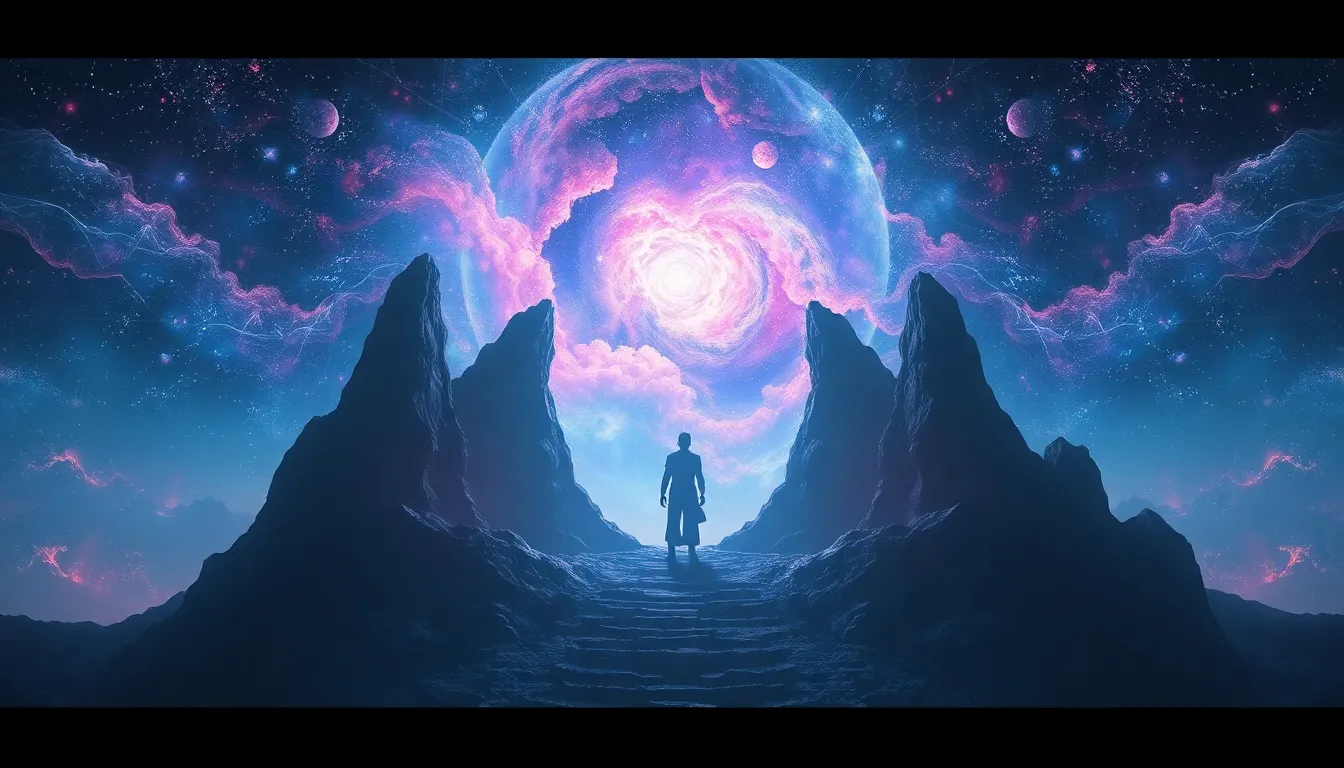The Quest for the Mythical Journey: Legends of Exploration
I. Introduction
The concept of a mythical journey has captivated human imagination for centuries. It is a narrative framework that encompasses not only physical exploration but also the inner journey of self-discovery and transformation. Exploration has played a critical role in human history, driving innovation, cultural exchange, and the expansion of knowledge. This article delves into the legendary explorers who embarked on remarkable quests, both real and mythical, illustrating the profound impact of these journeys on humanity.
II. The Concept of the Mythical Journey
Mythical journeys are prevalent in literature and culture, often depicted as epic adventures filled with trials and tribulations. They resonate deeply with the human experience, reflecting our innermost desires, fears, and aspirations. The archetypes of the hero’s journey, as outlined by Joseph Campbell, illustrate a common pattern found in many narratives:
- Call to Adventure
- Crossing the Threshold
- Trials and Challenges
- Transformation and Revelation
- Return Home
These journeys often blur the lines between myth and reality, as explorers set out to discover new worlds while also seeking personal enlightenment.
III. Historical Context: The Age of Exploration
The Age of Exploration, spanning the 15th to 17th centuries, marked a pivotal period in global history. Driven by the desire for wealth, trade routes, and knowledge, European explorers ventured into uncharted territories. Key figures such as:
- Christopher Columbus – Credited with discovering the Americas in 1492.
- Ferdinand Magellan – Led the first expedition to circumnavigate the globe.
- Vasco da Gama – Opened the sea route to India, revolutionizing trade.
The impact of these explorations was monumental, leading to cultural exchanges, colonization, and significant changes in the world’s social and economic landscapes.
IV. Legendary Explorers: Real and Mythical
Many legendary explorers have left indelible marks on history through their real-life journeys:
- Marco Polo – His travels to Asia inspired countless explorers and opened Western eyes to the East.
- Zheng He – The Chinese admiral who commanded voyages to Southeast Asia and beyond, showcasing China’s naval prowess.
- Ernest Shackleton – Known for his Antarctic expedition, exemplifying leadership and human endurance in the face of adversity.
In contrast, mythical figures such as Jason and the Argonauts symbolize the allure of adventure and the quest for glory. These narratives often intertwine, reflecting the blend of fact and fiction that characterizes exploration.
V. The Role of Myth in Shaping Exploration Narratives
Myths have long inspired explorers, serving as guides for their journeys. Folklore often informs navigation, with stories providing frameworks for understanding the unknown. Examples of influential myths include:
- El Dorado – The fabled city of gold that propelled many expeditions into South America.
- Atlantis – The lost civilization that continues to inspire quests for ancient knowledge.
These myths not only motivate exploration but also shape the narratives surrounding these journeys, blurring the lines between reality and legend.
VI. The Psychological Aspects of the Mythical Journey
Exploration often reflects a deeper quest for identity and purpose. The psychological aspects of these journeys reveal how adventure fulfills fundamental human needs:
- Adventure as a means of self-discovery.
- The thrill of overcoming fear and uncertainty.
- Transformative experiences that redefine personal goals and beliefs.
Explorers face myriad obstacles, and their ability to navigate these challenges is a testament to the resilience of the human spirit.
VII. Modern Explorations and Their Mythical Echoes
In the 21st century, exploration continues to thrive in various forms. Contemporary explorers venture into realms such as:
- Space Exploration – Journeys to Mars and beyond echo the ambitions of ancient explorers seeking new frontiers.
- Deep-Sea Diving – Expeditions to the ocean’s depths reveal mysteries reminiscent of mythical tales.
Modern expeditions often draw inspiration from the narratives of legendary journeys, reinforcing the enduring quest for discovery.
VIII. The Legacy of the Mythical Journey in Popular Culture
The influence of legendary explorers resonates in literature and film, with stories of adventure captivating audiences. Modern interpretations of mythical journeys are prevalent, shaping public perceptions of exploration through:
- Books and novels that retell historical adventures.
- Films that dramatize exploration narratives, such as “Indiana Jones” and “The Secret Life of Walter Mitty.”
- Documentaries that highlight the journeys of real-life explorers.
These portrayals not only entertain but also inspire future generations to embark on their own quests.
IX. Challenges and Ethical Considerations in Exploration
While exploration has historically driven progress, it has also led to exploitation and ethical dilemmas. Key challenges include:
- Historical exploitation of indigenous peoples and their lands.
- The responsibility of modern explorers to respect cultures and environments.
- Balancing the thirst for adventure with ethical considerations.
As we venture into new territories, it is crucial to learn from the past and approach exploration with a sense of responsibility and respect.
X. Conclusion
The quest for the mythical journey remains a powerful theme in human history. It encapsulates the spirit of exploration, the desire for knowledge, and the pursuit of adventure. From legendary figures of the past to modern-day explorers, these journeys inspire us to seek new horizons, challenge our limits, and understand our place in the world. As we forge ahead into the unknown, may we carry with us the lessons learned from both myth and reality, respecting the lands we explore and the cultures we encounter.




